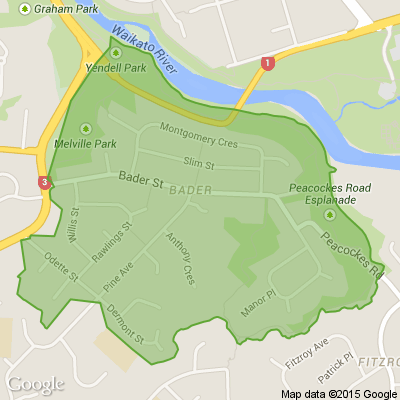What is Fabric Pilling?
Whilst it can be unsightly, pilling is not a fabric defect or flaw.
You’ve no doubt had clothing, furniture or blankets that have developed ‘pills’ over time, or little lint balls, that can make the fabric look worn. This undesired texture is caused by loose or broken fabric fibres that rise to the surface and knot together after being rubbed or subjected to any friction. The loose fibres that are bunched into balls also bring in strands that are still secured to the fabric itself, thus the balls stick around on the exterior. Even though people are dismayed to see pilling on their items, understanding fabric pilling helps to prevent and remove these bothersome balls.
Causes of Fabric Pilling
What does it mean when fabric is pilling? Pilling is a result of normal wear and tear that causes friction on the fabric. Simply wearing clothes, using your couch or otherwise rubbing up against the material gives the possibility of pilling. Washing and drying clothes or fabric can also speed up the pilling process as it causes multiple surfaces to rub together fairly quickly and for a long period of time.
Sometimes you can have pilling that differs in colour to the base fabric as multiple coloured fibres have migrated and twisted together. Although not desired, a little decorative perhaps?
Pilling is more noticeable on synthetic fibres. This is mainly because natural fabrics shed loose fibres easily and naturally slip away so they tend to not become matted into balls. However, synthetic fibres are extremely strong, so it will pill and then remain strongly attached to the fabric.
Keep reading: www.curtainclean.co.nz...

Creative Spaces for Tweens
Support your child’s growth and well being with our tweens art therapy sessions. Designed for 9–12-year-olds, including home-schooled children or those finding school challenging, these sessions provide a safe, supportive space to explore creativity, express emotions, and build confidence. Through fun, hands-on activities and guided skill-building, our tweens art therapy helps young people develop resilience, social connection, and self-expression.
Whether your child is not currently attending school or simply needs a peaceful, encouraging environment, tweens art therapy offers meaningful experiences that promote growth, friendship, and well being. Join us and help your child thrive in a welcoming, supportive space with tweens art therapy.
Book now at www.artsforhealth.co.nz...

Poll: As a customer, what do you think about automation?
The Press investigates the growing reliance on your unpaid labour.
Automation (or the “unpaid shift”) is often described as efficient ... but it tends to benefit employers more than consumers.
We want to know: What do you think about automation?
Are you for, or against?

-
9.4% For. Self-service is less frustrating and convenient.
-
43.4% I want to be able to choose.
-
47.1% Against. I want to deal with people.
The butcher with a taste for adventure
Jonathan and Sarah Walker are a couple with a give-it-a-go attitude to life, whether it’s travelling the world in a Land Rover or starting a butchery business with no experience.
Nestled below Hakarimata Scenic Reserve just outside of Ngāruawāhia is Soggy Bottom Holding, the local butcher you’ll recognise from frosty mornings at the farmer’s markets.







 Loading…
Loading…